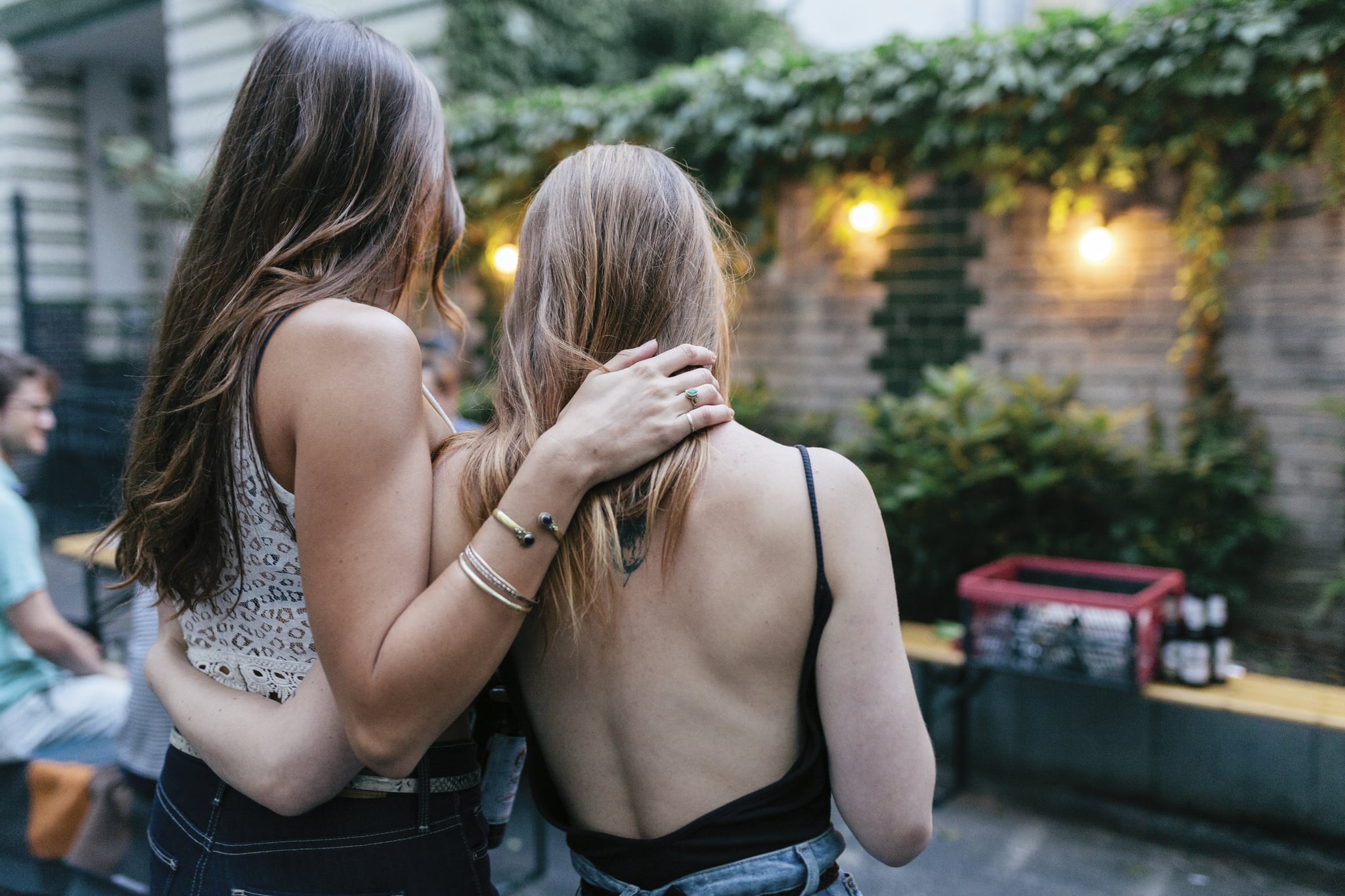“Would it be possible for you to go with me when I get it? Or meet me there, rather? It will be at 5:30, but I’m going to the pharmacy right after I get off work at 5. I understand if it’s not possible for you. I’m feeling like I could use some moral support when I go, so I just wanted to ask.”
I sent that text to my cousin a week before receiving my first dose of the COVID-19 vaccine. Even though millions of people have been safely vaccinated for COVID-19, and I’m not allergic to any of the vaccine’s ingredients, I was still nervous about my appointment. It probably has something to do with past medical trauma I’ve experienced (even teeth cleanings and routine eye exams make me nervous), as well as how polarizing the vaccine has become in this part of the country. I had already decided I wouldn’t tell my parents I was getting the vaccine until after my second dose, because I didn’t think they would approve. With all of this in my mind, I knew having the moral support of a trusted loved one would make the experience less anxiety-inducing for me, so I did something that’s typically been really difficult for me: I asked for help.
I’ve been asking for help way more lately, and it’s been so good for my mental health. Last May, I asked my sister to metaphorically hold my hand while I went through the process of remotely cashing out a 401(k) — something I’d never done before and had quite a bit of anxiety around — and her presence made the task far less stressful. A few weeks later, I asked her to help me activate my new phone, partly because I was worried I’d somehow set it up incorrectly, and partly because anxiety can make even the simplest tasks feel big. Since then, I’ve asked family and friends for help with other anxiety-inducing tasks, and their support never ceases to ease my mind — at least somewhat.
Managing anxiety is a near-constant battle for me, and it’s been this way for as long as I can remember.
Don’t get me wrong, I love my life and I practice finding joy on even my most anxious days, but managing anxiety is a near-constant battle for me, and it’s been this way for as long as I can remember. I know it’s made harder by the fact that — other than the two months of Talkspace I managed to pay for back in 2017 — I’ve never been able to afford the “luxury” of therapy or anti-anxiety medication. I’m hopeful the day will come when everyone (including me) can access therapy and life-changing meds, regardless of their income and socioeconomic background. But for now, I’m working with a limited toolbox. As it turns out, asking for help is a fantastic tool, and it’s free.
I’ve also been getting better at simply accepting help. When I drove more than 200 miles one way to visit friends last July, I gratefully accepted the $20 they gifted me for gas. I let them pay for my brunch one morning, too. I hadn’t asked them to help me out financially, but allowing them to do so relieved some of the financial stress I was feeling at the time.
I wasn’t always like this, though. I’ve struggled to ask for — or simply accept — help in the past. In fact, for most of my 20s, I was exceptionally bad at it. I mistakenly believed being a strong woman and a “good feminist” meant being as independent as possible. When I did ask for or accept help, I felt like a failure. That mindset started to shift when I was unexpectedly hospitalized at 29, but I still struggled to ask for help or moral support with the tasks I deemed “small.”
I can see now that past trauma — and other adverse experiences of mine — probably played a role in my hesitancy. When you’ve been victimized by people you once trusted, repeatedly let down by someone you counted on, and denied help by someone you love, depending on other people can feel unsafe. Asking for help can make you feel incredibly vulnerable and weak. It’s also true that capitalist cultures often prioritize power and individualism over inner peace and collaboration. On top of all that, I’ve always been pretty independent and introverted. I have a fair amount of pride, and my self-esteem has historically been boosted by solo road trips, solo cross-country moves, and the numerous pieces I’ve written entirely on my own. But the older I get and the more I heal, the more I find myself asking for help and moral support when I need it — which is often these days, because my anxiety has been particularly high throughout the pandemic — and happily accepting help when it’s offered, even if I didn’t ask for it.
Lately, the biggest theme in my life seems to be, “I can’t do this on my own, and I’m not afraid to admit it,” and I wish I would have realized the power of this sooner. I always thought growing up and becoming a “successful” adult would mean needing other people less, but the opposite has been true for me. Thanks to both my own personal experiences and the fact that numerous health benefits have been linked to healthy social connections, I’m realizing more than ever that cultivating a community I can depend on is just as important for my mental and physical health as regular exercise and a plant-rich diet — and letting people help me is part of that process.
